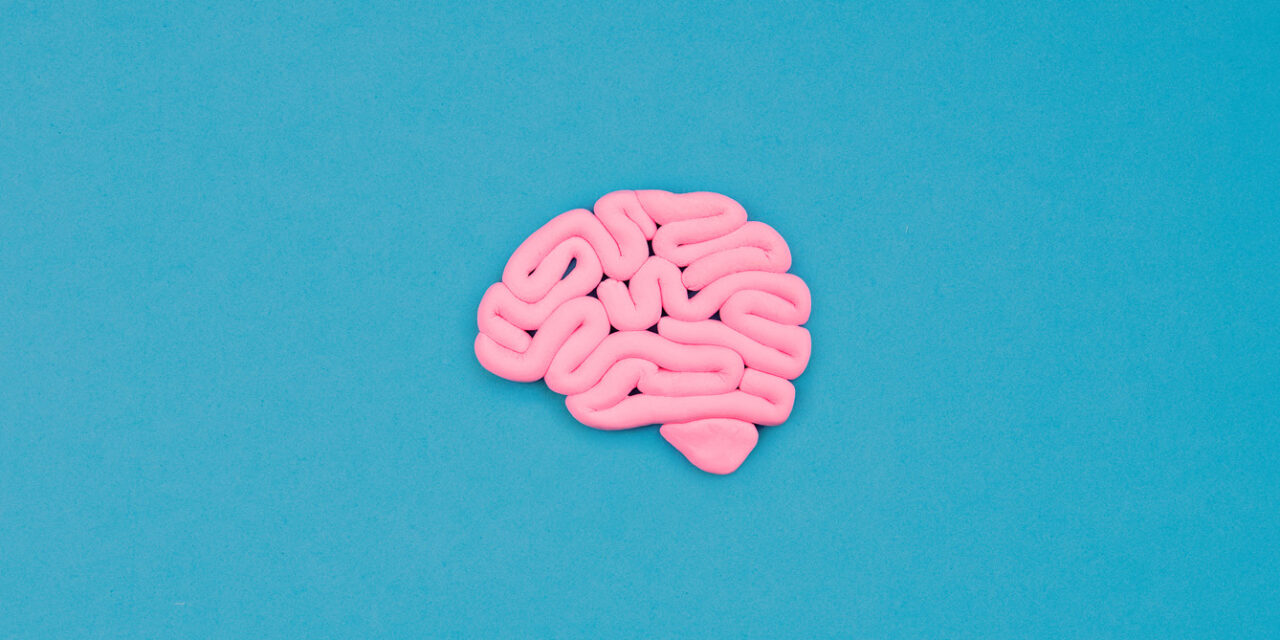As you get older, you’ve probably noticed that your memory, recall, and attention span have all decreased. It may take a little longer to find words or come up with names, you find yourself forgetting why you entered a room, or you may have more trouble with multitasking. Everyone experiences it at some point, particularly as you enter your 40s and 50s. While this can be aggravating, the aging brain isn’t entirely the enemy!
The Good
As a matter of fact, many studies have shown that older adults have a greater vocabulary, as well as a better understanding of the words they use as compared to younger adults. This is due to experience and knowledge but also how the brain changes over time. You’ll also be relieved to know that certain cognitive abilities improve in middle age! The Seattle Longitudinal Study, which tracked the cognitive abilities of thousands of adults over the past 50 years, showed people actually performed better on tests of verbal abilities, spatial reasoning, math, and abstract reasoning in middle age than they did when they were young adults.
The Not-So-Good
Certain parts of the brain shrink with age, especially those that help you learn new things and control other complex mental activities, as the National Institute of Aging reports. This also comes along with less effective neurons (nerve cells) in certain brain regions, as well as decreased blood flow in the brain and increased inflammation. Even in the healthiest of adults, these changes will affect mental functioning. This doesn’t mean that older adults can’t learn new things, it will just take them a little more time, at which point, they’ll do just as well with the new knowledge or skill.
According to Alexis Wnuk from BrainFacts.org, “Autobiographical memory of life events and accumulated knowledge of learned facts and information—both types of declarative memory—decline with age, whereas procedural memories, like remembering how to ride a bike or tie a shoe remain largely intact.”
It’s not only memory that is affected, however. At as early as age 30, certain aspects of attention also become less reliable. This is why you may have a harder timing focusing on conversations when there is background noise, such as in a loud restaurant. Wnuk’s article suggests that alterations in cognitive ability reflect changes in the brain’s structure and chemistry. As you enter midlife, the brain changes in subtle but measurable ways. The overall volume of the brain begins to shrink when you’re in your 30s or 40s, with the rate of shrinkage increasing around age 60.
It’s Going To Be Okay
Don’t let this information get you down! While there are plenty of downsides and challenges that come with an aging brain, there are more positives than you may expect. The adult brain seems to be capable of rewiring itself well into middle age, incorporating decades of experiences and behaviors. Research suggests, for example, the middle-aged mind is calmer, less neurotic, and better able to sort through social situations. Some middle-agers even have improved cognitive abilities.
While it is true that your memory and perception speed begin to decline at middle age, verbal abilities, spatial reasoning, simple math skills, and abstract reasoning skills all improve! “There is an enduring potential for plasticity, reorganization, and preservation of capacities,” says cognitive neuroscientist Patricia Reuter-Lorenz, PhD, of the University of Michigan in Ann Arbor.
Citations:
- Phillips, M. L. (2011, April). The Mind at Midlife. apa.org. https://www.apa.org/monitor/2011/04/mind-midlife.
- U.S. Department of Health and Human Services. (n.d.). How the Aging Brain Affects Thinking. National Institute on Aging. https://www.nia.nih.gov/health/how-aging-brain-affects-thinking.
- Wnuk, A. (2019, August 30). How the brain changes with age. BrainFacts.org. https://www.brainfacts.org/thinking-sensing-and-behaving/aging/2019/how-the-brain-changes-with-age-083019.
Ariel Gordon earned her B.A. in Creative Arts Therapy and M.A. in Psychoanalysis in New York City.







